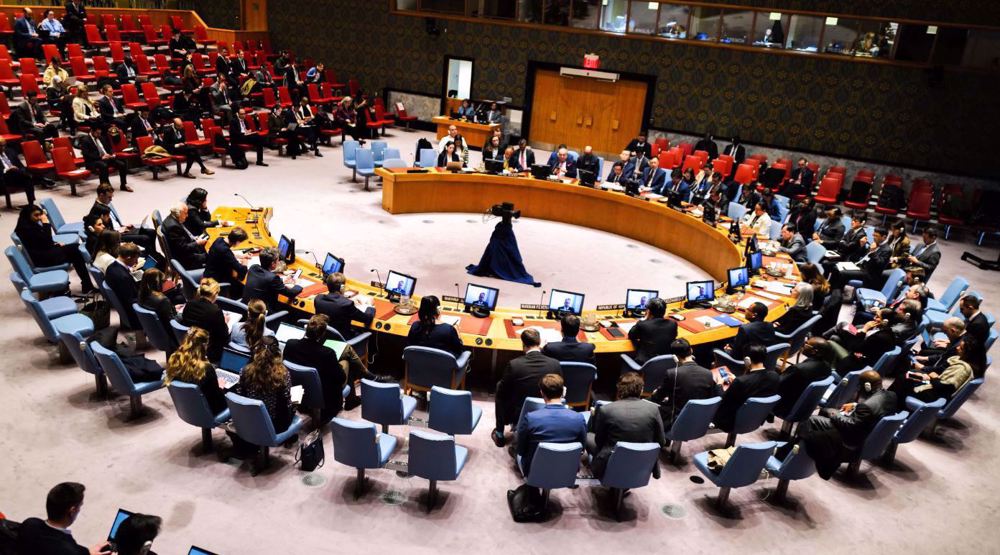Reports of Zika sexual spread concerns WHO
The World Health Organization (WHO) has voiced concerns about the alleged sexual transmission of the Zika virus in the US, calling for a thorough probe into the case.
The UN health agency reacted on Wednesday after local health authorities in Dallas, Texas, announced the first US-based known case of Zika virus transmission, which has possibly spread via sexual intercourse and not a mosquito bite.
"We certainly understand the concern. This needs to be further investigated to understand the conditions and how often or likely sexual transmission is, and whether or not other body fluids are implicated," said WHO spokesman, Gregory Hartl.
He added that the reported case is the second of its kind as media reports said an American man who had returned from Senegal in 2008 is suspected of having infected his wife.
The WHO global response team is due to discuss the report at its daily meeting later on Wednesday, Hartl said.
The virus that is spread by the Aedes aegypti mosquitoes, causes birth defects. It is affecting the Americas, prompting the WHO to declare an international public health emergency about the condition known as microcephaly, which is a devastating condition in which a baby is born with an abnormally small head and brain. It is an untreatable disease that may lead to permanent damage to child's motor and cognitive development.
The agency has also warned about the spread of the mosquito-borne virus to Africa and Asia, which have the highest birth rates in the world, as well as to Southern Europe.

The WHO said in a Wednesday statement to European member states that the risk of the virus reaching Europe goes up with the beginning of spring and summer.
"Now is the time for countries to prepare themselves to reduce the risk to their populations," WHO's Europe chief, Zsuzsanna Jakab, said, adding, "Every European country in which Aedes mosquitoes are present can be at risk for the spread of Zika virus disease.”
A number of European tourists have been infected with the Zika virus after traveling in the Americas, but there have been no reported cases of mosquito-borne transmission in Europe itself so far.
'Stop any further Israeli adventurism,' Iran FM tells Security Council
Google fires 28 employees for protesting military deal with Israel
Burkina Faso expels three French diplomats over ‘subversive activities’
Iran slams G7 statement, vows no iota of doubt to respond to aggression
German authorities arrest Jewish activist over pro-Palestinian demos
Far-right Israeli minister calls for execution of Palestinian prisoners
VIDEO | Time to halt military operations in besieged Gaza: Italy
President Raeisi: Iran to make Israel rue 'slightest attack'















 This makes it easy to access the Press TV website
This makes it easy to access the Press TV website